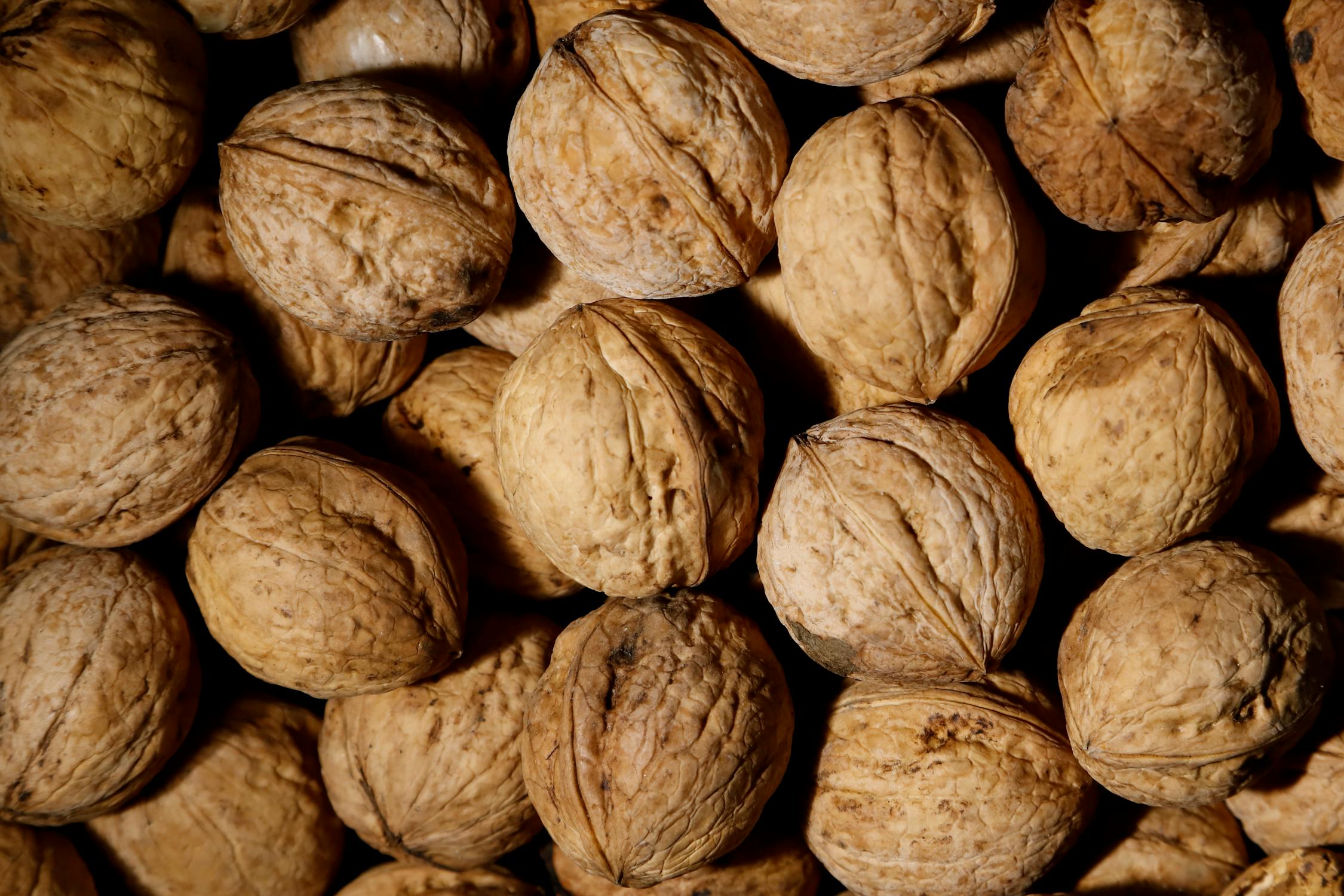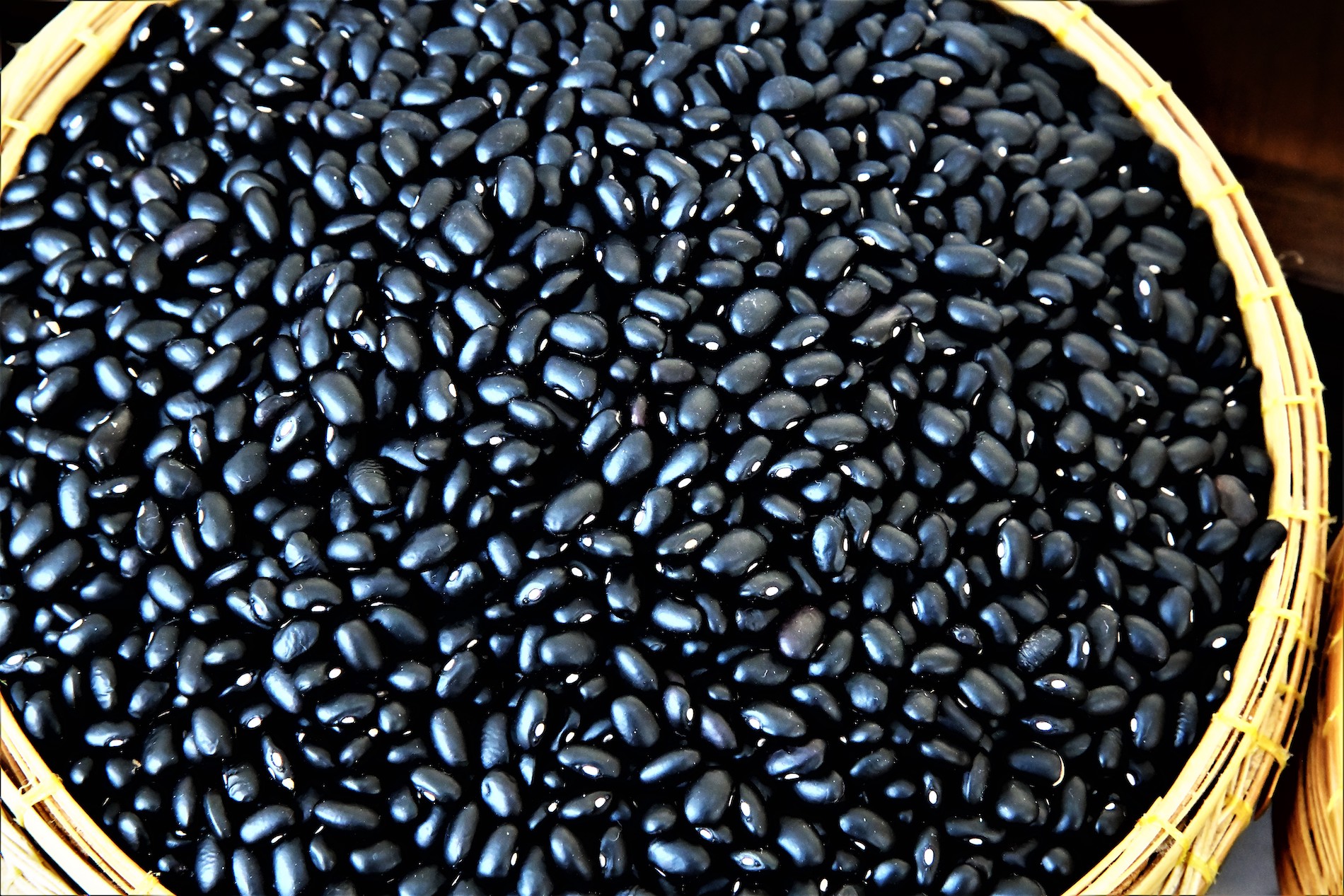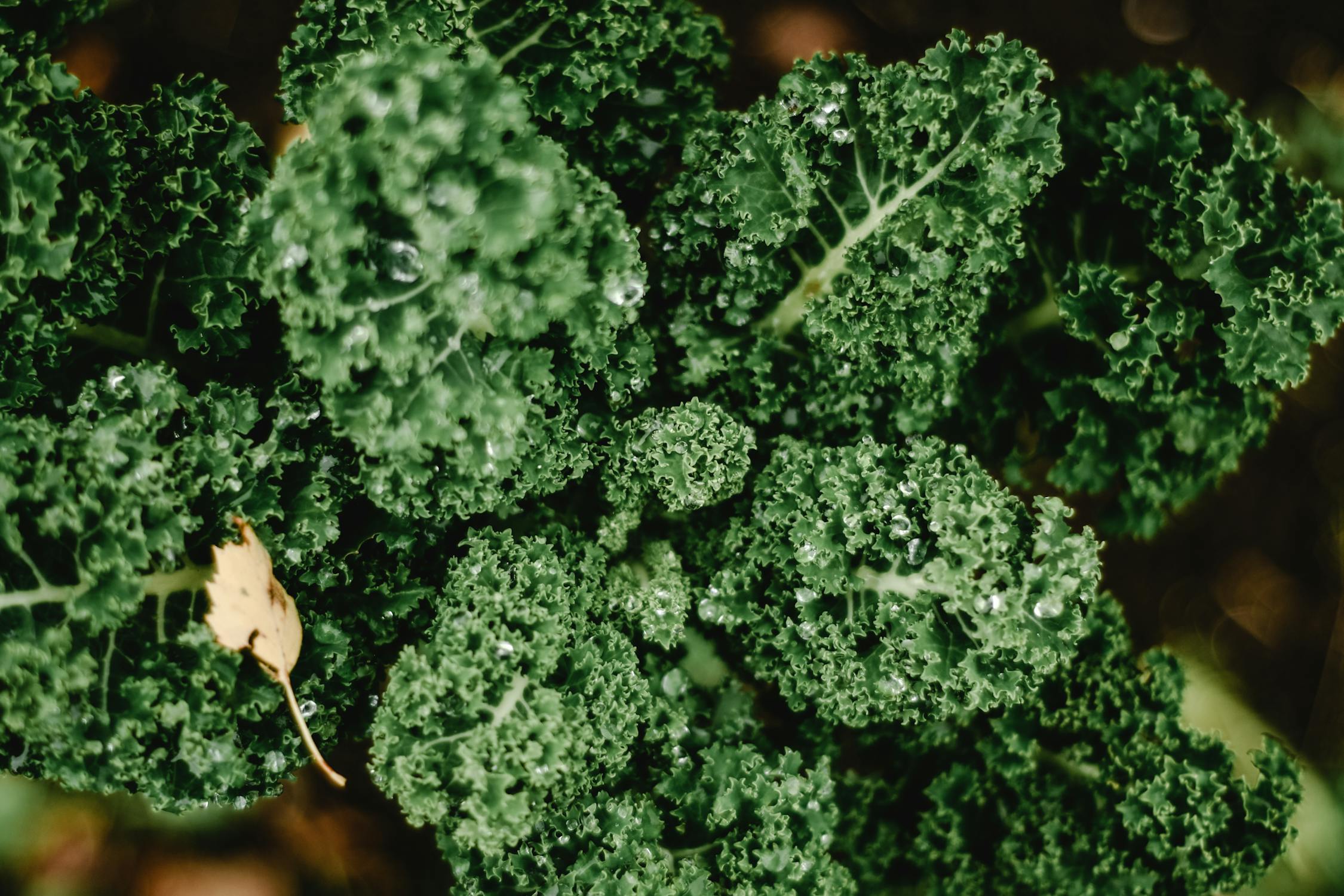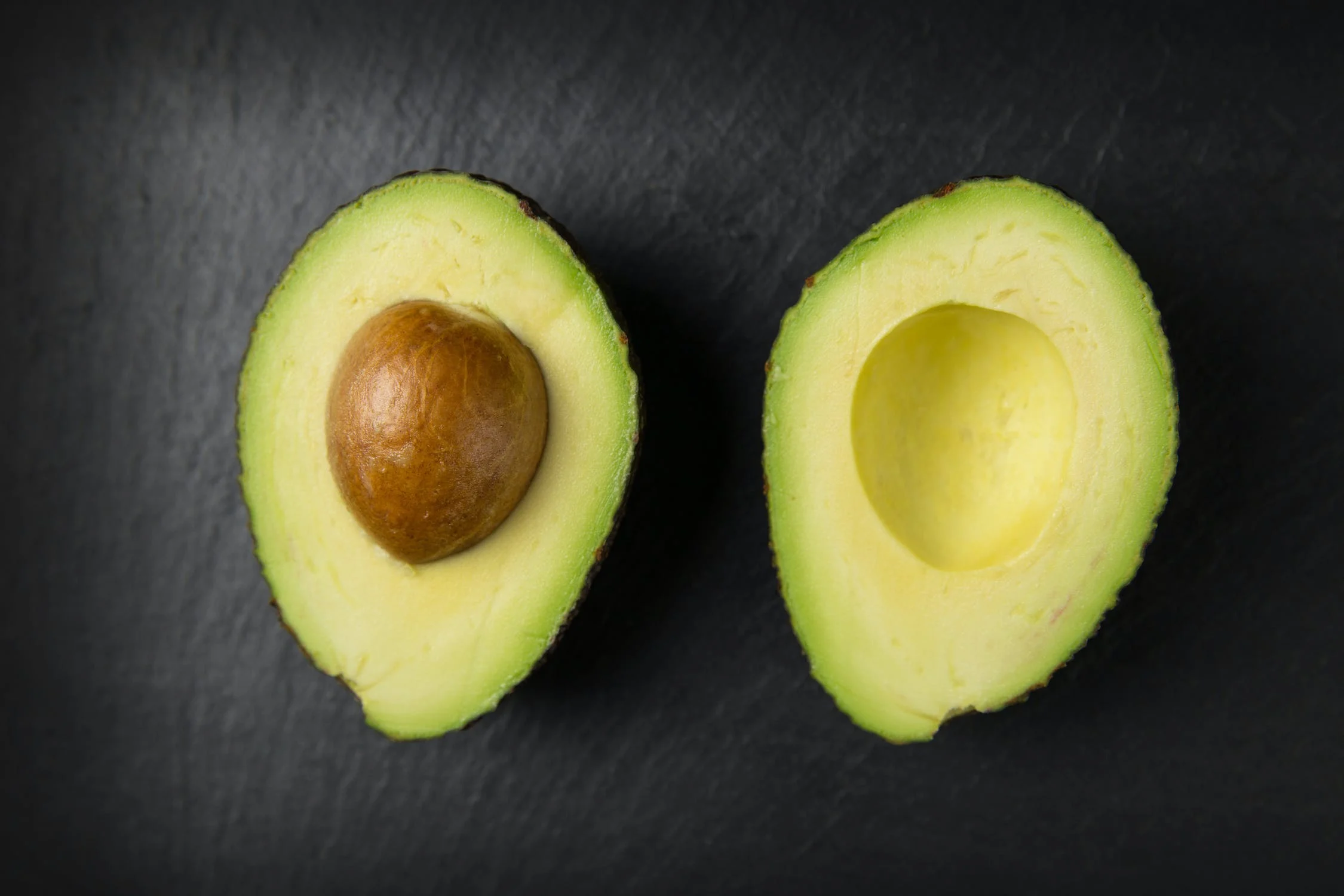Cheese just keeps getting better. Recent studies from the “Journal of the American Society of Hypertension” and the “European Journal of Nutrition” revealed that cheese can improve a person’s heart health, reducing the risk of cardiovascular disease.
Before you start eating any cheese in your fridge or pantry, let’s break down the facts to help improve your heart health.
How Does Cheese Help Your Heart Health

According to the “European Journal of Nutrition,” people who consume “high levels” of cheese have a 14 percent lower risk of developing coronary heart disease than those who rarely or never eat it.
Coronary heart disease is what happens when the heart’s blood supply is blocked or interrupted by fatty buildup in the coronary arteries.
“High Levels” of Cheese Can Fight Against Possible Strokes

Why is this good news for you cheese lovers? Eating “high levels” of cheese means that you are 10 percent less likely to have a stroke. Sure, the percentage isn’t high, but there is still some protection against a stroke is better than none.
Again, before you eat as much cheese as possible, there is a sweet spot that exists when it comes to consuming cheese.
How Much Cheese Should You Eat?

Like all great things, moderation is key. For cheese consumption, you should only eat about 40 grams per day. This is the amount that helps fight against heart disease, keeping your heart healthy and happy.
If cheese isn’t your jam, then don’t worry! There are other foods that you can eat to help fight against diseases and possible health issues.
Salmon and Tuna Are Great for Your Heart

Salmon and tuna are both excellent sources of heart-healthy nutrients. While fish doesn’t have the same appeal as cheese, it is a great source for promoting cardiovascular health.
Low in mercury and rich in omega-3s, salmon and tuna can help lower your blood pressure and reduce your risk of heart rhythm disorders. Try to get some of these fish in your meals at least twice a week.
A Nutty Punch to Your Heart

Looking for a healthier snack? Walnuts and almonds pack a powerful punch when it comes to heart health. Walnuts are the king of nuts, helping reduce inflammation, a key player in heart disease, and can help lower bad cholesterol and blood pressure.
Almonds are great for lowering cholesterol, creating oxidative protection, and regulating blood pressure with magnesium.
A Delicious Way to Protect Your Heart

Oranges might be your new favorite fruit if you are looking for more nutritious and beneficial foods. Oranges are a combination of superstar nutrients, like vitamin C, fiber, potassium, flavonoids, and citric acid.
You can incorporate oranges into your diet by eating them as a snack, adding them to your salads, yogurt, or smoothies, or enjoying a glass of orange juice.
Need a Sweeter Way to Help Your Health?

Who knew protecting your heart health could be so sweet? Dark chocolate can be great for your heart health thanks to the high concentration of cocoa solids. Cocoa solids are packed with antioxidants known as flavanols.
Like the cheese, dark chocolate should be enjoyed in moderation. Medical News Today says 1 to 2 ounces of dark chocolate with at least 70 percent cocoa solids for optimal health benefits.
The Magical Bean

Black beans are another great way to lower your risk of cardiovascular disease. The cholesterol fighter helps slow down the amount of cholesterol absorption in your gut. On top of this, black beans can help support healthy blood pressure.
Incorporating black beans into your diet–like adding them to salads or your favorite burritos–can help support your heart health.
Are These Leafy Greens In Your Diet?

Leafy greens should already be a part of your daily diet. But are you eating dark leafy greens? Generous amounts of these will make your heart happy at the end of the day. Thanks to the large amount of vitamin K, nitrates, antioxidants, and other powerhouse nutrients, dark leafy greens are a wonder for your heart.
Next time you’re looking for a heart-healthy boost, don’t forget to pile your plate with those dark leafy wonders!
A Heart-Healthy Breakfast Option

Looking for an easy and healthy breakfast option? Low-fat yogurt is beneficial for your overall health, but it is extremely great for your heart. Studies suggest that low-fat yogurt can positively impact cholesterol levels and blood pressure.
Low-fat yogurt is a healthy intake of fats. It is unlikely to do any harm to your heart and is a fantastic dietary choice to help you consume all of the necessary food groups.
The Superfood for Super Health

Avocados are also another heart-healthy fat. They are packed with nutrients that can help lower your risk of heart disease in several ways, like lowering cholesterol levels and keeping your arteries clean and clear so your blood can flow smoothly.
Protecting your heart health doesn’t have to feel like a chore. Including some of these great foods into your diet a few times a week. You will start to notice the difference in your health pretty quickly.








































